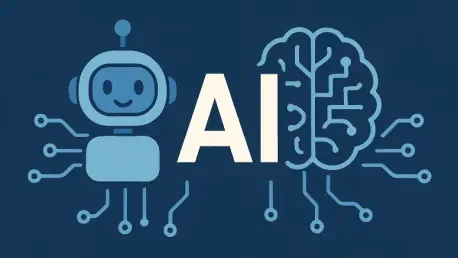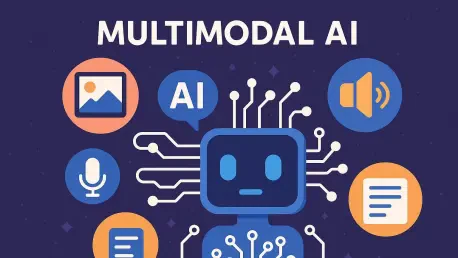Medical imaging techniques, including CT scans and MRIs , generate high-volume data at a speed that traditional tools cannot manage. Healthcare providers have the responsibility to interpret and manage this data to enhance patient outcomes, which can be challenging when using conventional methods.

Companies are improving their AI skills by consistently investing in and using this technology. The 2025 Hype Cycle for Artificial Intelligence helps leaders focus on important new AI technologies, deal with regulations, and grow their businesses. The hype cycle about AI is entering a new phase.

There’s a costly oversight few enterprises want to face: your AI is only as trustworthy as the data you feed it. And too often, that data is incomplete, mislabeled, unverified, or worse, quietly compromised in transit. The AI race is in full swing. Models are sharper, inference is faster, and

In 2025, it’s no longer enough for artificial intelligence to be impressive—it needs to be trustworthy. And while businesses have rushed to embed AI into products, workflows, and decision-making, many are now confronting a quieter, more consequential challenge: verifying that what their AI says,

Businesses exist in a hyper-competitive environment that demands operational efficiency. There is constant pressure to perform and maintain quality processes across all industries, and artificial intelligence (AI) is the helping hand required. AI is a technological advancement that transforms how

When it comes to interpreting information from the world, it’s impossible to ignore the cues that are seen, heard, or even sensed. However, traditional artificial intelligence frameworks do exactly that by focusing solely on text. This necessitates a significant shift to encompass all aspects of